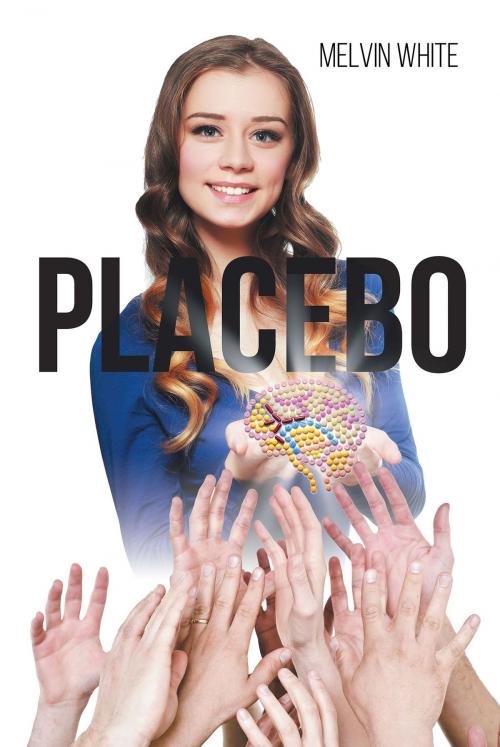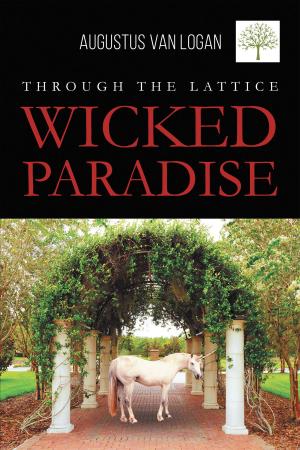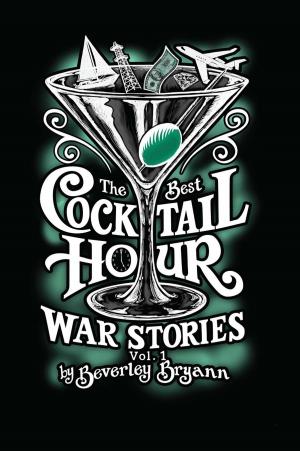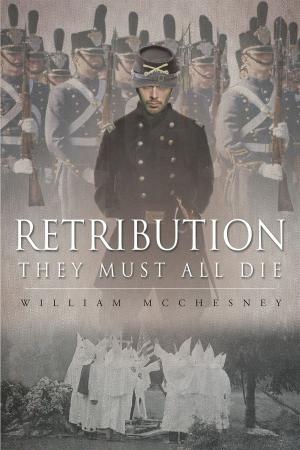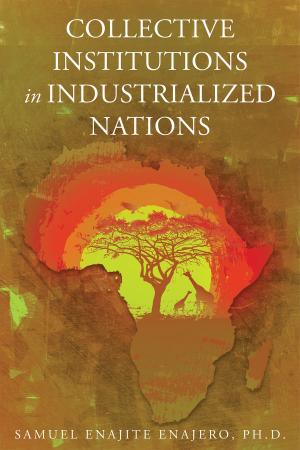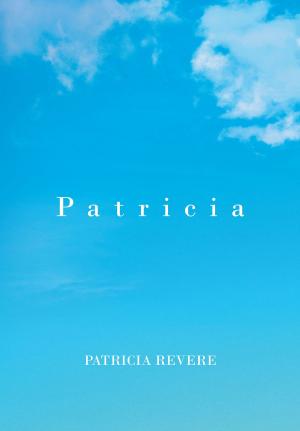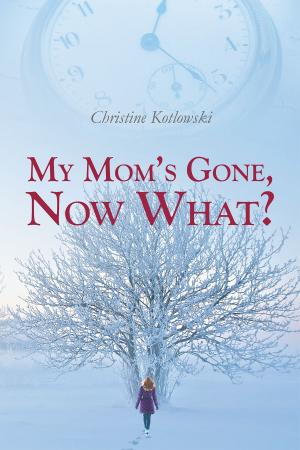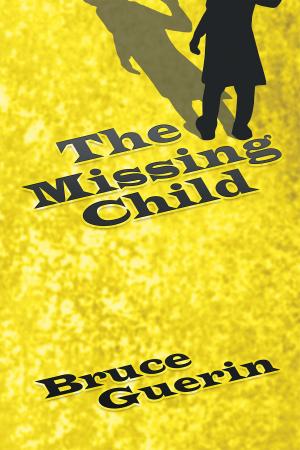| Author: | Melvin White | ISBN: | 9781635688900 |
| Publisher: | Page Publishing, Inc. | Publication: | September 15, 2017 |
| Imprint: | Language: | English |
| Author: | Melvin White |
| ISBN: | 9781635688900 |
| Publisher: | Page Publishing, Inc. |
| Publication: | September 15, 2017 |
| Imprint: | |
| Language: | English |
The question everyone wants to know is, what is a placebo? Well, as defined by most dictionaries or medical terminology books, a placebo is, and I quote, “a harmless pill, medicine, or procedure prescribed more for the psychological benefit to the patient than for any physiological effect or a substance containing no medication and prescribed or given to reinforce a patient’s expectation to get well. An inactive substance or preparation used as a control in an experiment or test to determine the effectiveness of a medicinal drug.” I, however, have a more abstract theory about the definition of the word placebo. I correlate the word placebo to an illusion that can be adopted or accepted by one person—or in this case, several million people all around the world who believe that their drug addiction and dependency is somehow a lifelong stigma that they must live with or remain attached to until they are forced into an intervention or a drug rehabilitation program; or for those who believe in a higher power, that the person who is addicted to drugs should seek divine intervention to rescue them from the dependency they struggle with; and all those preventative measures or all great alternative measures to combat the effects of drug dependency and can definitely enhance the possibility of an addicted person to find solace and healing from those aforementioned methods. But let’s just think for a minute: what if someone invented a pill that was proven to have a 100 percent effective rate of completely suppressing the desire to ever experiment with drugs? I’m sure most of you who may be struggling with addiction would probably rush toward the opportunity to become drug-free in an instant. However, what if that same miracle drug that I so aptly named Placebo, was exactly just that: a pill that does absolutely nothing medically to curtail the effects or desire of an addicted person to get high? What’s left? Well, I’m glad you asked the question. The only thing left is that person’s mind and their free will—the willingness to no longer accept the illusion that their addiction is somehow insurmountable. The first stage in healing is ultimately the complete rejection of the illusion itself, which has been glamorized for years and has been supported financially and socially by society in order to keep the illusion alive. The only way to eradicate this myth is to introduce you to the illusion and then leave for you the option to decide “Is my addiction reality or an illusion? The only way I will be able to differentiate between the two is to find the placebo within my mind and seek to change my circumstances and accept a different reality.”
The question everyone wants to know is, what is a placebo? Well, as defined by most dictionaries or medical terminology books, a placebo is, and I quote, “a harmless pill, medicine, or procedure prescribed more for the psychological benefit to the patient than for any physiological effect or a substance containing no medication and prescribed or given to reinforce a patient’s expectation to get well. An inactive substance or preparation used as a control in an experiment or test to determine the effectiveness of a medicinal drug.” I, however, have a more abstract theory about the definition of the word placebo. I correlate the word placebo to an illusion that can be adopted or accepted by one person—or in this case, several million people all around the world who believe that their drug addiction and dependency is somehow a lifelong stigma that they must live with or remain attached to until they are forced into an intervention or a drug rehabilitation program; or for those who believe in a higher power, that the person who is addicted to drugs should seek divine intervention to rescue them from the dependency they struggle with; and all those preventative measures or all great alternative measures to combat the effects of drug dependency and can definitely enhance the possibility of an addicted person to find solace and healing from those aforementioned methods. But let’s just think for a minute: what if someone invented a pill that was proven to have a 100 percent effective rate of completely suppressing the desire to ever experiment with drugs? I’m sure most of you who may be struggling with addiction would probably rush toward the opportunity to become drug-free in an instant. However, what if that same miracle drug that I so aptly named Placebo, was exactly just that: a pill that does absolutely nothing medically to curtail the effects or desire of an addicted person to get high? What’s left? Well, I’m glad you asked the question. The only thing left is that person’s mind and their free will—the willingness to no longer accept the illusion that their addiction is somehow insurmountable. The first stage in healing is ultimately the complete rejection of the illusion itself, which has been glamorized for years and has been supported financially and socially by society in order to keep the illusion alive. The only way to eradicate this myth is to introduce you to the illusion and then leave for you the option to decide “Is my addiction reality or an illusion? The only way I will be able to differentiate between the two is to find the placebo within my mind and seek to change my circumstances and accept a different reality.”
